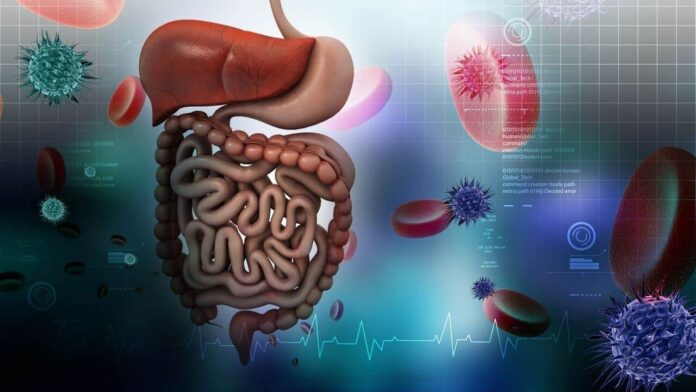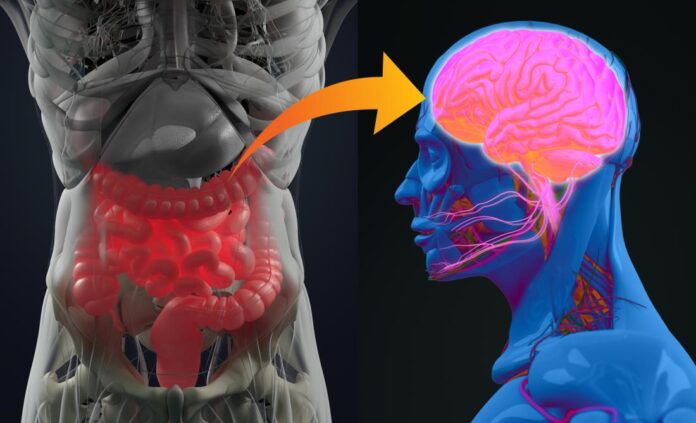Autism Spectrum Disorder (ASD) is a complex neurodevelopmental disorder that affects communication, social interaction, and behavior. While there is no known cure for ASD, there are several treatments available that can help manage the symptoms. One emerging treatment is fecal microbiota transplantation (FMT), a procedure that involves transferring gut bacteria from a healthy donor into the patient’s digestive system.
Understanding the Gut-Brain Connection
The gut-brain connection refers to the bidirectional communication between the gut and the central nervous system. The gut is home to trillions of bacteria, collectively known as the gut microbiome, that play a crucial role in regulating various bodily functions, including digestion, immune function, and mood. Emerging research suggests that the gut microbiome may also play a role in neurological conditions such as autism and treatments like FMT could be helping children with autism.
The Role of the Microbiome in Autism

The gut microbiome has been implicated in the development of several neurological conditions, including autism. Studies have shown that children with ASD have a different composition of gut bacteria compared to neurotypical children. Furthermore, research suggests that the gut microbiome may play a role in the communication between the gut and the brain, which could impact neurological function.
Fecal Microbiota Transplantation (FMT): An Overview
Fecal microbiota transplantation (FMT) is a medical procedure that involves transferring fecal matter from a healthy donor into the digestive tract of a patient. The goal of FMT is to restore the balance of gut bacteria in the patient’s digestive system. FMT has been used successfully to treat conditions such as Clostridium difficile infection and inflammatory bowel disease.
FMT in ASD Treatment: Research Findings
Emerging research suggests that FMT may also be a promising treatment for ASD. One study published in the journal Microbiome found that FMT led to significant improvements in gastrointestinal symptoms and autism-related behavior in children with ASD. Another study published in the Journal of Autism and Developmental Disorders found that FMT improved gastrointestinal symptoms, but not autism-related behavior, in children with autism.
Safety and Risks of FMT for ASD Treatment
FMT is generally considered safe, but there are some risks associated with the procedure. The most common side effects of FMT include diarrhea, cramping, and bloating. There is also a risk of infection, as the donor’s fecal matter may contain harmful bacteria. However, the risk of infection can be minimized by screening the donor for infectious diseases and carefully processing the fecal matter.

Conclusion: The Promising Potential of FMT for Children with Autism
While there is still much research to be done, the emerging evidence suggests that FMT may be a promising treatment for children with autism. By restoring the balance of gut bacteria, FMT may help improve gastrointestinal symptoms and autism-related behavior in children with autism. However, it is important to note that FMT should only be performed under the guidance of a healthcare professional and after careful consideration of the risks and benefits. As research in this area continues, FMT may become a valuable tool in the treatment of autism.




